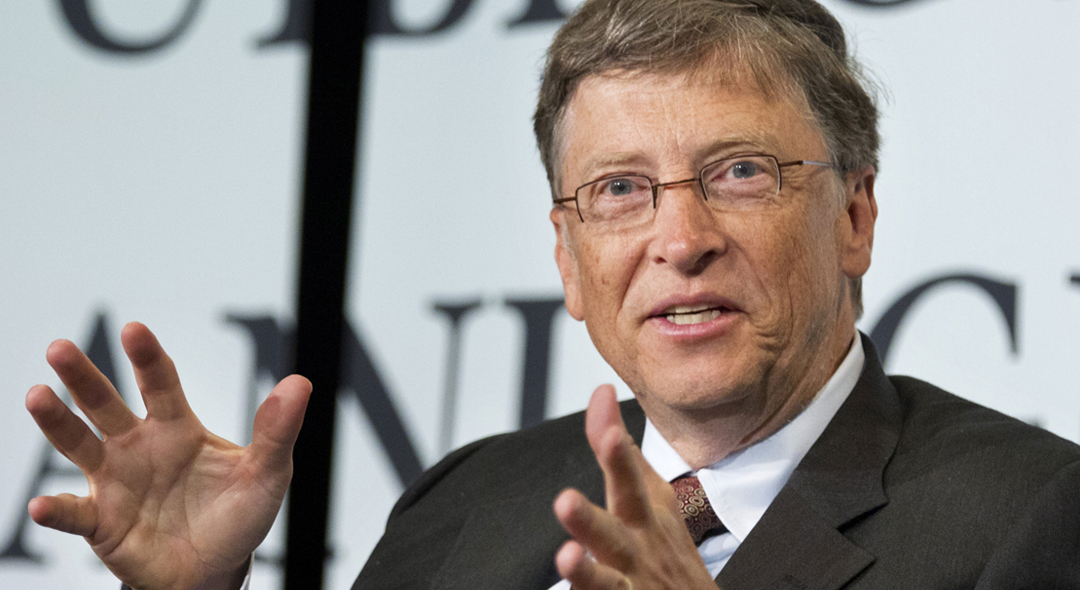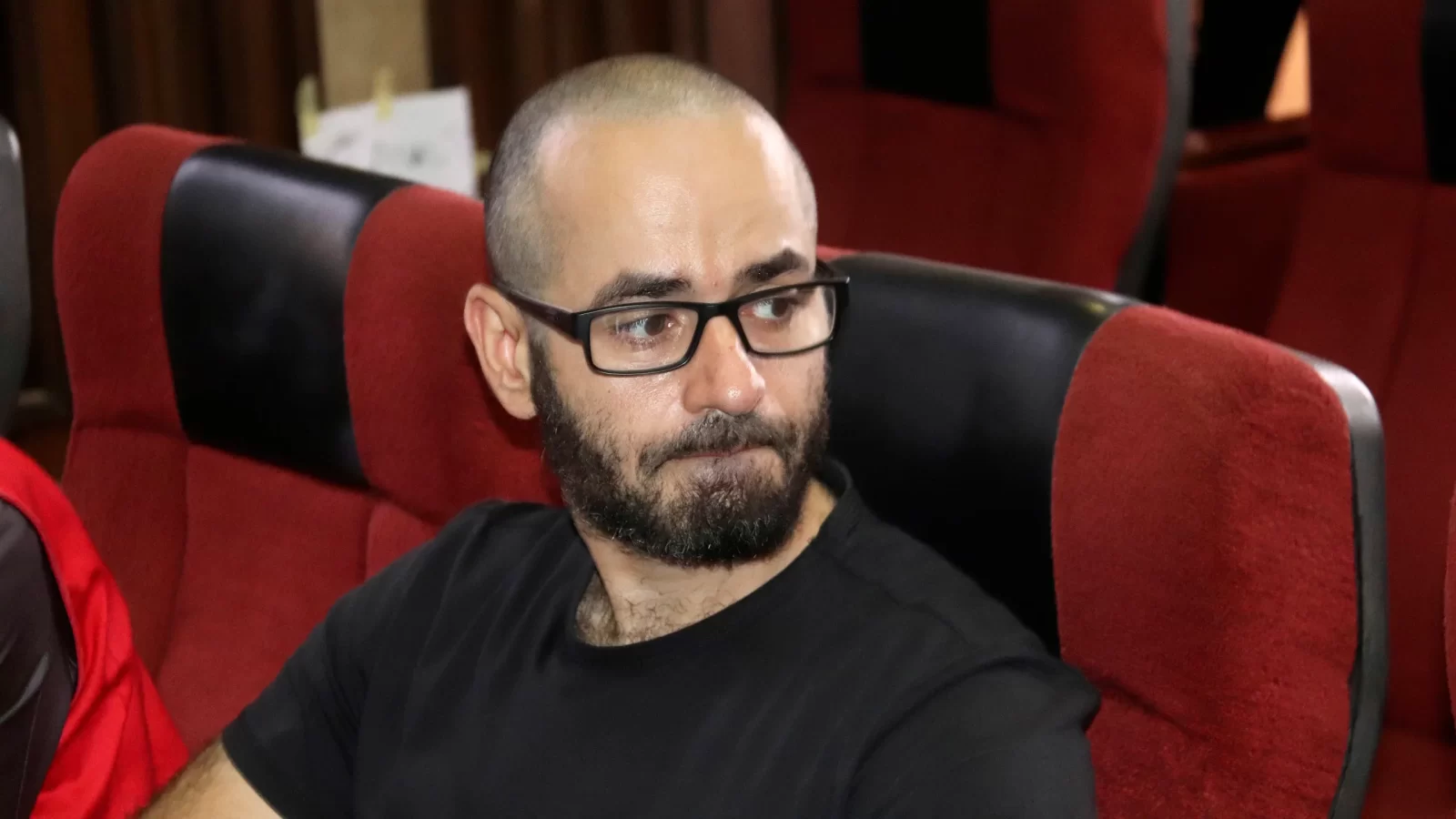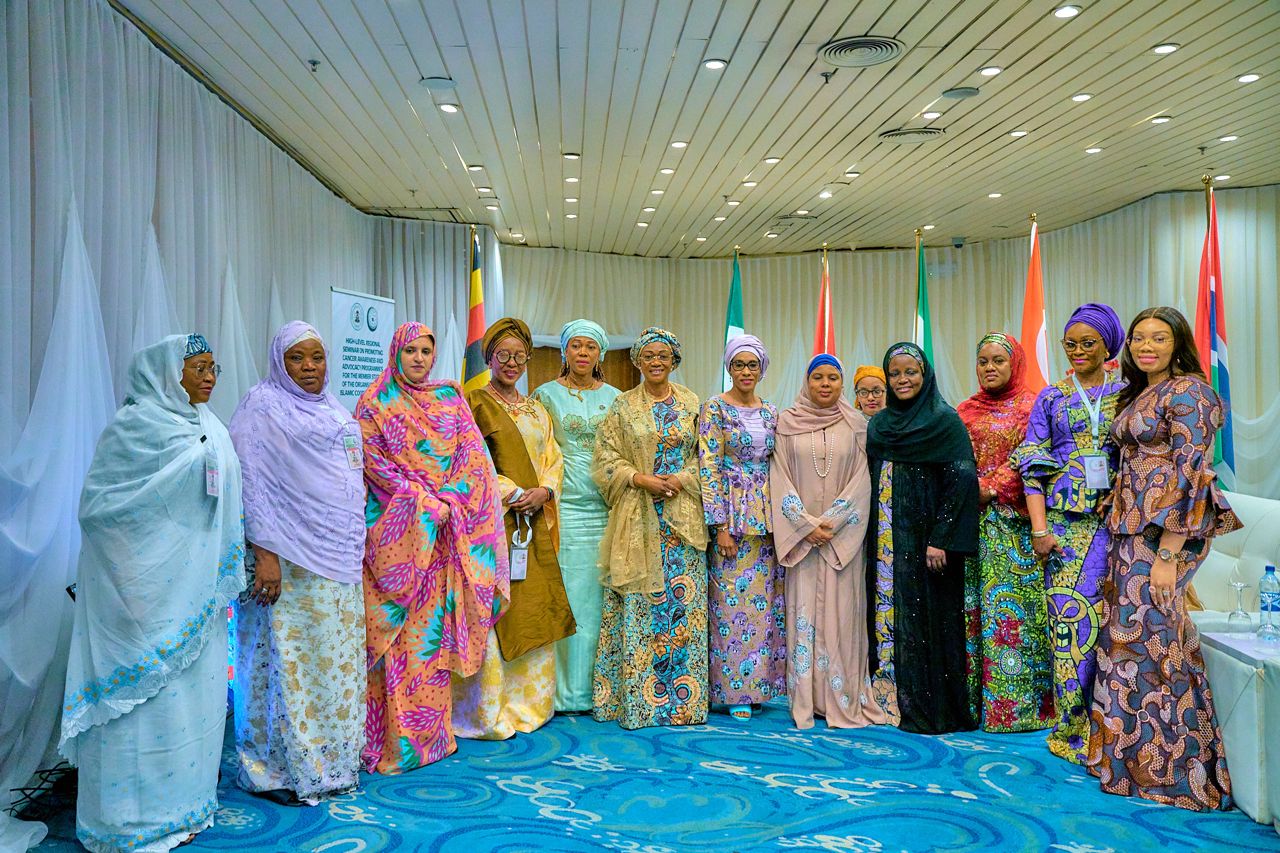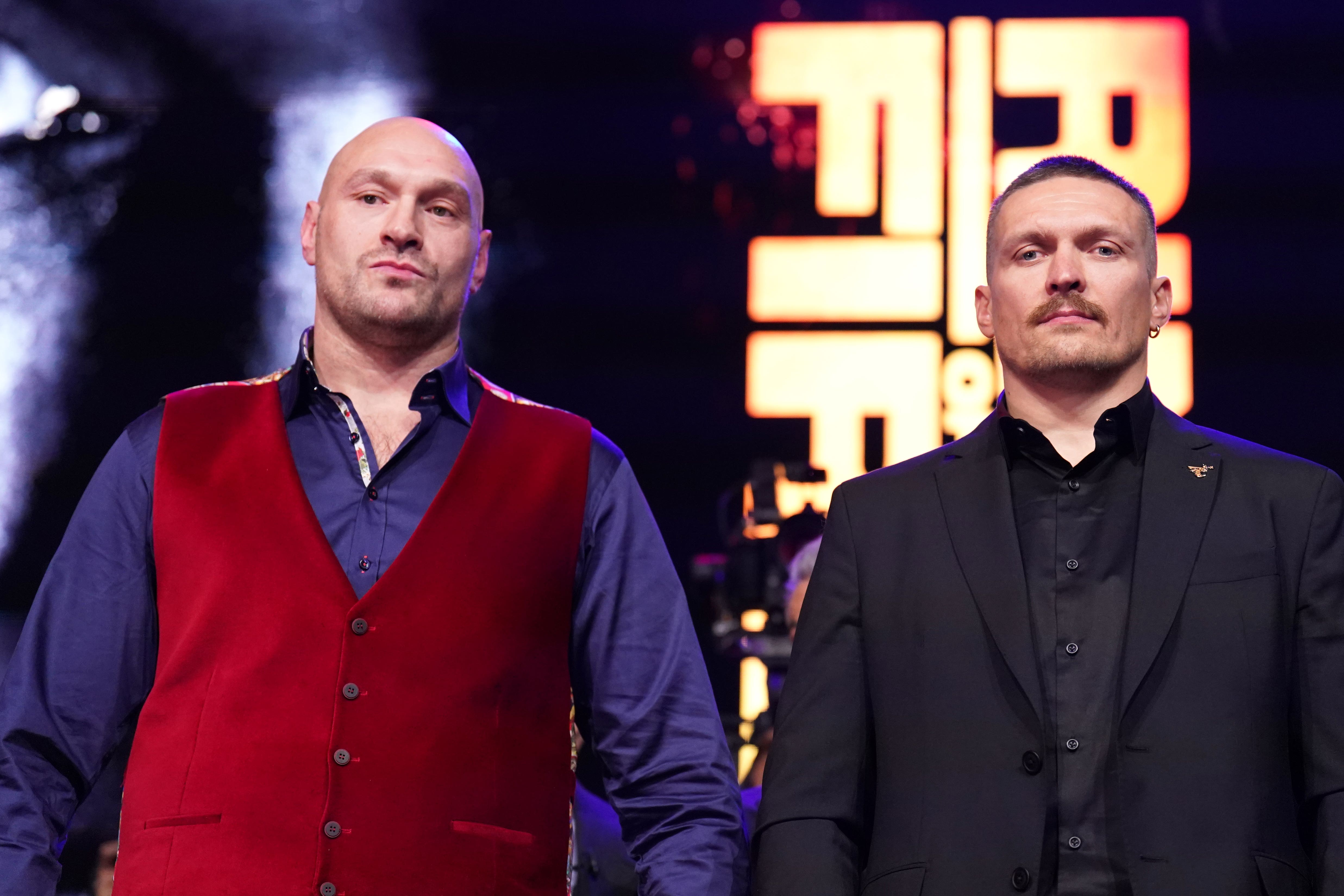Gene-editing technologies that alter mosquitoes’ DNA could prove critical in the fight against malaria, Bill Gates said on Wednesday, and ethical concerns should not block progress in such gene-modifying research.
Speaking at the Malaria Forum conference in London, the billionaire Microsoft co-founder and philanthropist said that while gene editing raises “legitimate questions”, that should not jeopardize exploration of tools such as CRISPR gene editing and so-called “gene drive” technologies.
“I’m very energized about the potential of gene drive. (It’s) the kind of breakthrough we need to support,” Gates said.
“It may prove critical here.”
Gene drive technologies alter DNA and drive self-sustaining genetic changes through multiple generations by overriding normal biological processes. CRISPR technology enables scientists to find and modify or replace virtually any gene.
The techniques are being explored across science - from human medicine to livestock- and crop-breeding. In mosquitoes that transmit malaria, genetic alterations can be used to induce infertility to reduce populations, or alter the insects’ ability to carry and pass on the malaria parasite.
The technologies can be extremely powerful, but they are also controversial, since such genetically engineered organisms released into the environment could have an unknown and irreversible impact on the ecosystem.
Asked in a interview with Reuters about that controversy, Gates said there were understandable concerns about safety and efficacy that would need to be addressed in research and trials.
But he countered: “Malaria itself is quite controversial - it kills about 400,000 kids a year. So we’re definitely not on the side of malaria.”
He also noted that at their summit in January, leaders of the African Union endorsed gene drive research as part of the fight against a disease that continues to kill their people.
“They spoke out to say that, for them, getting rid of malaria is worth using innovative science,” Gates said.
(Culled from Reuters)




















